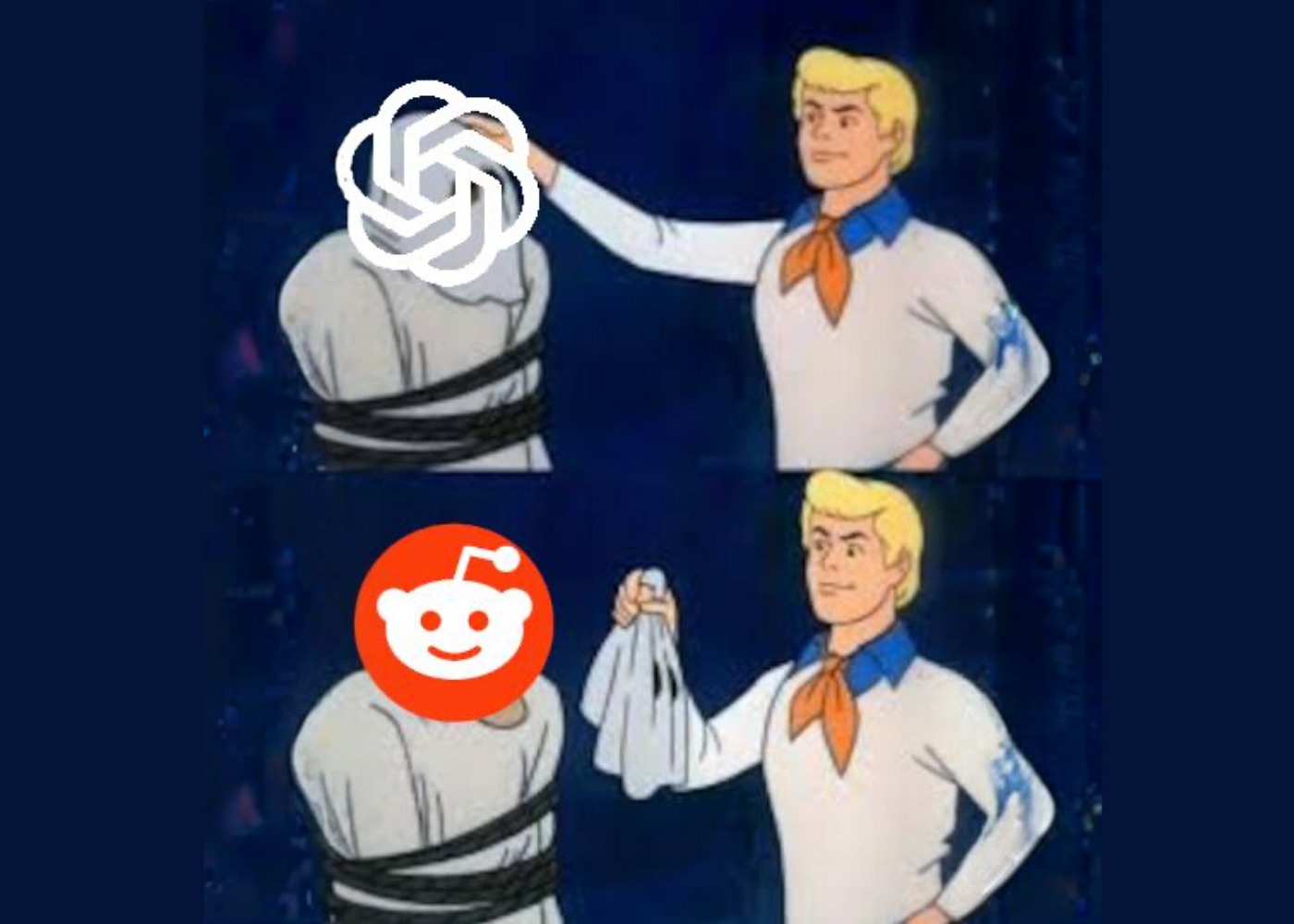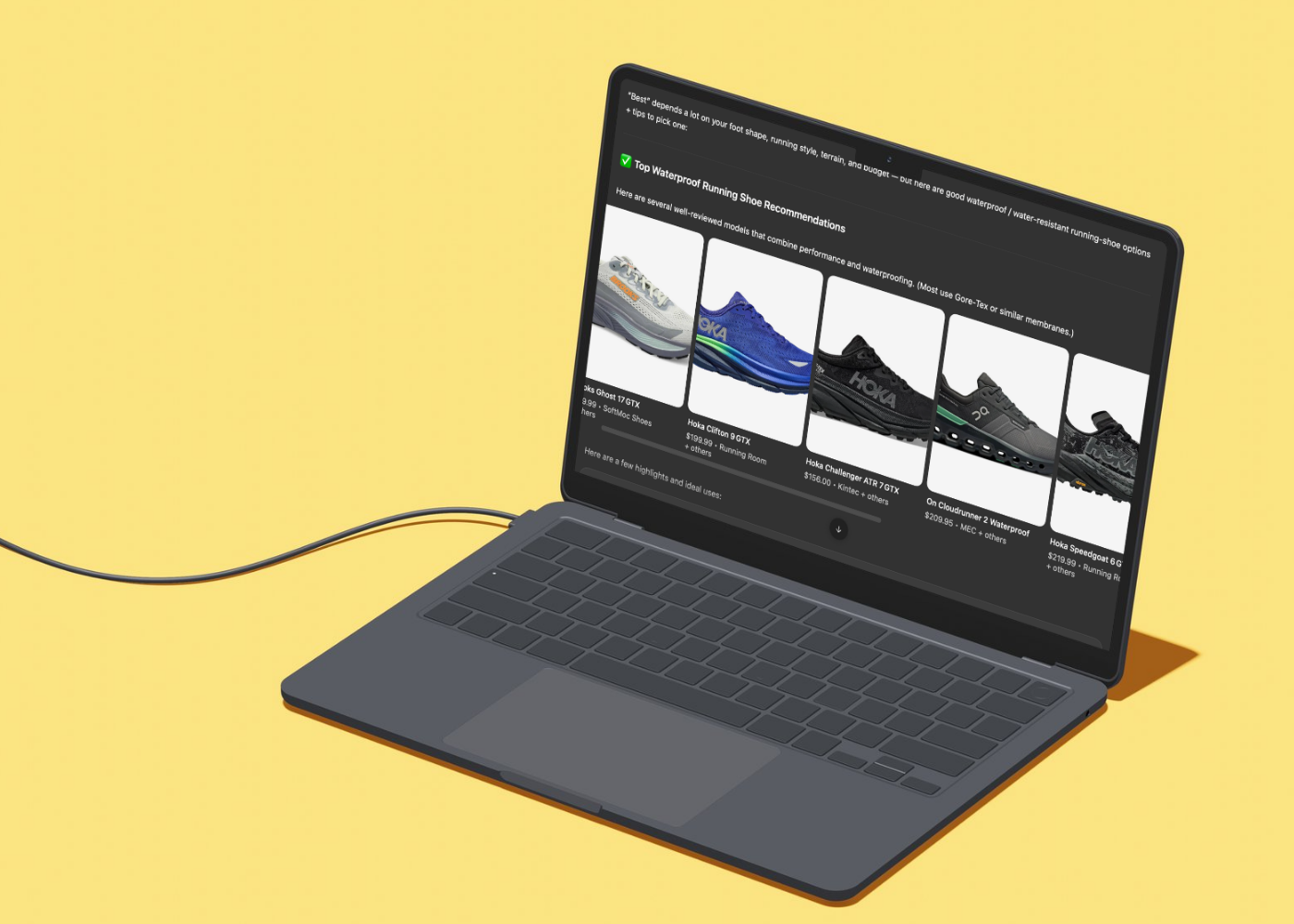
AI Summary
ChatGPT needs proof from multiple sources before recommending brands, but it's not about volume, it's about quality and concentration. Brands cited by 6+ high-authority sources see 80-90% mention rates, while those with 6 low-authority sources hit only 20-30%. Category specialists drive 2X more mentions than major media outlets. Concentration beats diversification: two sources citing you 10 times each outperforms 10 sources citing you once. Left unmanaged, 75% of citations drift toward low-authority sources within three years, tanking visibility. Reddit punches 5X above its weight (2.7% of citations, 12.8% of mentions), while Wikipedia provides a 3X visibility boost through co-citation effects. The takeaway: you need 6+ quality sources consistently citing you, not scattered one-off mentions across weak publications.
You've probably noticed ChatGPT doesn't recommend brands randomly. It needs proof. Multiple sources saying the same thing before it confidently suggests your name.
But how many sources does it actually take? And does any citation count equally?
We analyzed thousands of brand mentions across ChatGPT responses to find out. The answers surprised us.
What's the minimum number of sources needed to get recommended?
Six. That's the threshold where visibility jumps dramatically.
Brands cited by fewer than six sources show up in 25-35% of relevant queries. Cross that six-source threshold and mention rates jump to 60-70%.
But here's the catch: not all sources count equally.
Six high-authority sources (industry publications, respected reviewers, established media) drive 80-90% visibility. Six low-authority sources (random blogs, small forums, thin affiliate sites) barely move the needle—20-30% visibility at best.
ChatGPT weighs source credibility heavily. A mention in Wirecutter or TechCrunch carries more weight than ten mentions in unknown blogs. Quality beats quantity every time.
Do niche publications work better than major media?
Yes. Category specialists outperform major media by 2X.
When ChatGPT cites niche industry publications, brands appear 20-25% of the time. When it cites major media outlets, brands show up only 10-12% of the time.
Why? Specialists provide depth and context that general media can't match. A review in a wet shaving forum explains blade gap, aggressiveness, and technique in ways GQ never will. ChatGPT recognizes that expertise and weights it accordingly.
This is great news for brands that can't land Wirecutter or Forbes coverage. A feature in three respected niche publications often delivers better AI visibility than one mention in a major outlet.
Focus your PR efforts on publications your customers actually read and trust. ChatGPT follows the same logic.
Is it better to have many sources or repeated mentions from fewer sources?
Repeated mentions from fewer sources win.
Two sources citing your brand 10 times each drive more visibility than 10 sources citing you once. ChatGPT interprets repeated mentions as sustained relevance, not a one-time fluke.
A brand mentioned in five articles from the same publication over two years looks more established than a brand with one-off mentions in five different places. Consistency signals staying power.
This changes your PR strategy. Instead of chasing as many publications as possible, build relationships with 3-5 key outlets in your space and aim for ongoing coverage. Product launches, case studies, expert commentary, data reports—give them reasons to mention you repeatedly.
Concentration beats diversification in AI visibility.
What happens to citations over time if you stop managing them?
They drift toward low-authority sources. Fast.
Left unmanaged, 75% of brand citations migrate to low-quality sources within three years. Old reviews get scraped and republished on thin affiliate sites. Your brand gets mentioned on forums you've never heard of. Low-authority sources outnumber high-authority ones simply because there are more of them.
This citation drift tanks your AI visibility. Even if total mention count stays steady, the quality erosion kills your recommendation rate.
Brands that actively manage their citation portfolio—monitoring where they're mentioned, building relationships with high-authority sources, disavowing spammy mentions—maintain or improve visibility over time. Those that don't watch their citations slowly become less recommendable even if nothing else changes.
Monitor your citation profile quarterly. If low-authority sources start dominating, double down on earning mentions from publications that actually matter.
Does Wikipedia actually help with ChatGPT recommendations?
Indirectly, yes. Wikipedia provides a 3X visibility boost, but not through direct mentions.
Wikipedia shows up in 24% of queries across all categories, making it one of ChatGPT's most-cited sources. But here's the key: the boost comes from co-citation effects, not Wikipedia mentioning your brand directly.
When Wikipedia cites the same sources that cite you, ChatGPT sees validation overlap. If TechCrunch appears in your Wikipedia article's references and also reviews your product elsewhere, ChatGPT connects the dots. The shared citation network builds credibility by association.
This means two things:
- Getting mentioned on Wikipedia helps if you're already cited by sources Wikipedia trusts
- Being cited by sources Wikipedia frequently references amplifies your visibility even without a Wikipedia page
Focus less on gaming Wikipedia and more on earning mentions from publications Wikipedia already cites as authoritative.
How do you build a citation portfolio that actually works?
Start with the fundamentals:
Target 6-8 high-authority sources in your category. Identify the publications ChatGPT cites most when discussing your space. Pitch them consistently.
Build relationships, not one-offs. Aim for multiple mentions from the same outlets over time. Concentration drives visibility more than scattered coverage.
Monitor citation drift quarterly. Use tools to track where you're being mentioned. If low-authority sources creep above 50% of total citations, refocus on quality outlets.
Engage authentically on Reddit. Spend 30-60 minutes daily answering questions in relevant subreddits. One helpful comment can generate citations for years.
Leverage co-citation networks. Get mentioned by sources Wikipedia already trusts. The association boosts your credibility even without a Wikipedia page.
Don't ignore niche specialists. Category-specific publications drive 2X better visibility than major media. Prioritize depth over brand name recognition.
The bottom line
ChatGPT isn't mysterious. It needs proof before recommending brands, and that proof comes from citations.
But not all citations count equally. Six high-quality sources citing you repeatedly beat 20 low-quality sources mentioning you once. Category specialists outperform major media. Reddit delivers 5X efficiency. Wikipedia amplifies through co-citation networks.
The brands winning at AI visibility aren't the ones with the most mentions. They're the ones with the right mentions in the right places, maintained consistently over time.
Build a citation portfolio with 6-8 high-authority sources, earn repeated coverage, monitor quality drift, and engage genuinely in communities like Reddit.
Do that and ChatGPT will recommend you. Do less and your competitors will get those leads instead.
FAQs
How long does it take to reach the 6-source threshold?
For most B2B and DTC brands, 6-12 months of consistent PR effort. You need to pitch publications regularly, build journalist relationships, and create newsworthy angles beyond product launches. Brands with existing traction can accelerate by auditing current mentions and strategically filling gaps with 2-3 high-impact placements.
What counts as a "high-authority" source for my industry?
Check what ChatGPT already cites when you ask about your category. Test 10-15 queries related to your space and note which publications appear repeatedly. Those are the sources ChatGPT trusts. Also look for publications with strong domain authority (DR 50+), active editorial teams, and audiences that match your customers.
Can I remove low-authority citations dragging down my visibility?
Not directly, but you can dilute them. You can't delete mentions from other sites, but you can outpace them by earning high-authority citations faster. Focus on building 2-3 new quality citations quarterly. Over time, the ratio shifts back in your favor. For truly spammy or harmful mentions, consider DMCA takedowns if they're scraping your content.
How do I track my citation portfolio over time?
Use tools like Ahrefs or SEMrush to monitor brand mentions and backlinks. Set up Google Alerts for your brand name. For AI-specific tracking, manually test 20-30 relevant prompts in ChatGPT monthly and document which sources it cites. Track the ratio of high-authority to low-authority mentions quarterly to catch drift early.
Should I prioritize Wikipedia or Reddit first?
Reddit. Wikipedia is harder to influence directly and works best when you already have strong citations elsewhere. Reddit delivers immediate ROI through authentic participation—you can start today and see mentions within weeks. Build Reddit presence first, earn quality press second, then Wikipedia amplification happens naturally through co-citation effects.
What if my competitors have more total citations but lower quality?
You'll likely outperform them in AI recommendations despite fewer total mentions. ChatGPT weighs source quality heavily. A brand with 8 citations from TechCrunch, Wirecutter, and category specialists will beat a brand with 50 citations from thin affiliate blogs. Focus on quality, let competitors waste time chasing volume.
Ready to transform your digital strategy
Learn how AI search can revolutionize your brand's online visibility and engagement.
More insights on AI search
Discover cutting-edge strategies for digital marketing success
Stay ahead in AI search
Subscribe to our blog and get insights before anyone else




